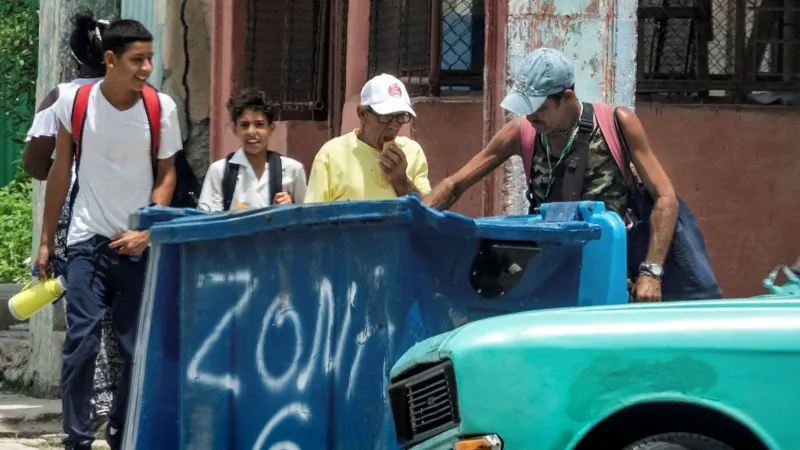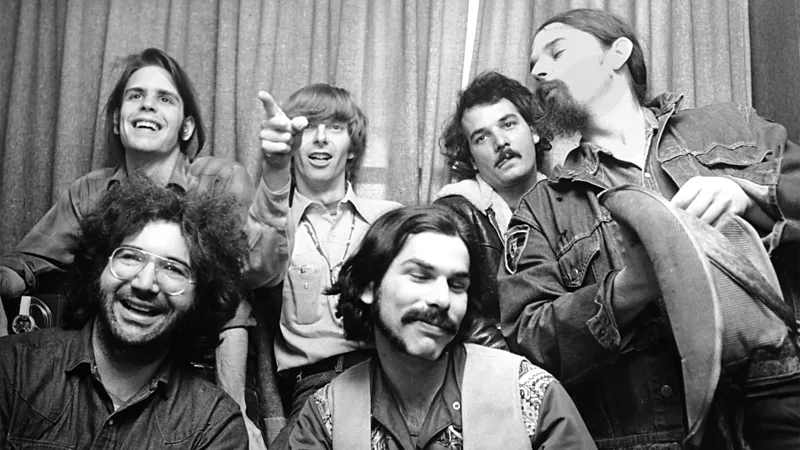UN Security Council ends peacekeeping mission in Mali
Members vote unanimously to immediately wind down the mission despite fears by Western powers of new instability in the troubled nation.

The UN Security Council ended a decade-old peacekeeping mission in Mali after the ruling military demanded the withdrawal of the international force battling an armed rebellion “without delay”.
The end of the operation, known as MINUSMA, follows years of tensions and government restrictions that have hobbled peacekeeping air and ground operations since Mali teamed up with Russia’s Wagner mercenary group in 2021.
The 15-member council on Friday adopted a French-drafted resolution asking the mission to begin on Saturday “the cessation of its operations, transfer of its tasks, as well as the orderly and safe drawdown and withdrawal of its personnel, with the objective of completing this process by December 31, 2023”.
UN peacekeepers are credited with playing a vital role in protecting civilians against an armed rebellion that has killed thousands.
Some experts have feared the security situation could worsen when the mission departs, leaving Mali’s underequipped army alone with about 1,000 Wagner fighters to combat fighters who control swaths of territory in the desert north and centre.
The Security Council resolution authorised MINUSMA to – “within its immediate vicinity” – respond to imminent threats of violence to civilians and contribute to the safe, civilian-led delivery of humanitarian assistance until September 30.
It asked UN Secretary-General Antonio Guterres to work with the Malian authorities on a plan to transfer MINUSMA’s tasks and present it to the Security Council by August 15. It called on Mali to cooperate fully with the UN during MINUSMA’s withdrawal.
When asking for MINUSMA to leave, Malian Foreign Minister Abdoulaye Diop told the Security Council earlier this month there was a “crisis of confidence” between the UN operation and the Malian authorities.
Until December 31, MINUSMA is also authorised to provide security for UN personnel, facilities, convoys, installations and equipment and associated personnel, and execute operations to extract UN personnel and humanitarian workers in danger and provide medical evacuations.
International reaction
The United States deputy ambassador, Jeffrey DeLaurentis, expressed regret at the military government’s decision to abandon the UN mission. He also said “some domestic actors” in Mali are calling for harassment of peacekeepers and urged the mission to ensure the safe and orderly transfer of UN facilities and equipment to UN-designated places.
“The UN has a responsibility to minimise the risk that its assets fall into the hands of those looking to destabilise Mali, or bring harm to its people, including violent extremist organisations and the Wagner Group,” he said.
The UK’s UN Ambassador Barbara Woodward expressed regret that Mali wanted the peacekeepers to leave at a time when the region is “facing increasing instability and humanitarian needs”.
Meanwhile, Russia’s Foreign Minister Sergey Lavrov “renewed his country’s unstinting support towards Mali in the military-technical field as well as for humanitarian and economic assistance”.
Mali has struggled to stem an armed rebellion that took root following an uprising in 2012. The UN Security Council deployed MINUSMA in 2013 to support foreign and local efforts to restore stability.
Frustrations about the growing insecurity spurred two coups in Mali in 2020 and 2021.
-al jazeera







